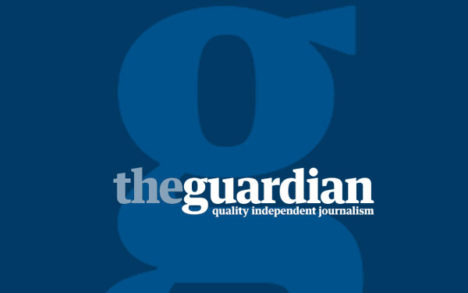Publisher reveals it gives cash and bonus ad inventory to media agencies in exchange for spend
The Guardian has revealed it gives “cash payments” and “free advertising space” to media agencies in return for a certain spend, the publishing company’s financial accounts has revealed.
Within Australia the rebate system has come under scrutiny in the past year with the industry body representing Australia’s major media agencies, the MFA, issuing a “transparency framework” in November last year which aimed to govern how they interact with clients on issues such as agency rebates/commissions, so-called ‘value banks’, disclosure of margins on agency trading desks and ethics training. The move came in the wake of last year’s misreporting and ‘value bank’ scandal involving GroupM agency Mediacom.
An ongoing point of contention is that many major clients argue that any cash bonuses or free inventory should be passed on to them, as their budgets delivered the benefit in the first place. Critics of the media agency system claim that bonuses to agencies based on spend can incentivise them to advise clients to allocate budget in a direction not necessarily in their best interests.



They should be APPLAUDED for being transparent. If only every other media company was. If anything this just strengthens the Guardian’s general brand as being one that is an advocate for transparency. They’re still the most ethical ones in the business.